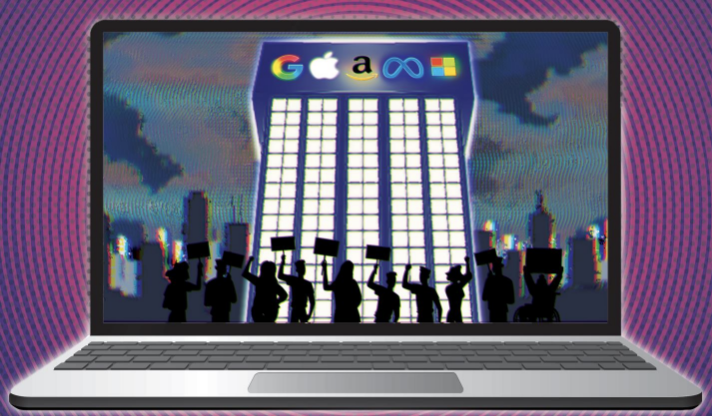Amnesty warns Big Tech’s unchecked power threatens human rights
The growing dominance of Alphabet, Meta, Amazon, Microsoft and Apple poses a mounting threat to human rights, Amnesty International warns. The organisation is calling on governments to act to curb the power of Big Tech and safeguard digital freedoms.

Johanna Kohvakka
Amnesty International has released a report urging governments to limit the influence of major technology companies in order to protect privacy, freedom of expression and access to information. According to the group, Alphabet (Google), Meta, Microsoft, Amazon and Apple now control key areas of the internet in ways that endanger fundamental rights and deepen global inequalities.
“Just a handful of corporations effectively decide how people interact online,” the report states.
“Breaking up the power of these companies is vital not only for fair competition but also for the protection of human rights,” said Hannah Storey, Amnesty’s technology and human rights expert.
Storey noted that unchecked corporate power has already had grave consequences, citing Meta’s role in the Tigray conflict and the persecution of the Rohingya minority in Myanmar as examples.
Other civil society groups, including Human Rights Watch and the Electronic Frontier Foundation, have similarly documented instances where content supportive of Palestine was removed or its visibility restricted. Meta itself admitted in 2021 that its moderation practices had unfairly limited pro-Palestinian content, attributing the issue to “technical errors” and “a lack of resources to contextualise the Arabic language.”
Amnesty’s report argues that Big Tech’s dominance now extends far beyond search engines, social media and cloud computing – reaching into the fast-growing field of artificial intelligence. Many societies, the organisation notes, have become so dependent on these platforms that meaningful participation in public life increasingly requires their use. This dependency, Amnesty warns, grants tech giants “unprecedented power” over public debate and the flow of information.
The organisation insists that states have a legal obligation under international law to protect human rights by regulating corporate power. It calls on governments to use competition law as a tool to investigate monopolistic practices, prevent harmful mergers and acquisitions, and ensure that markets serve the public interest.
The report marks the first time Amnesty International has proposed a human rights-based approach to competition law and market regulation.





